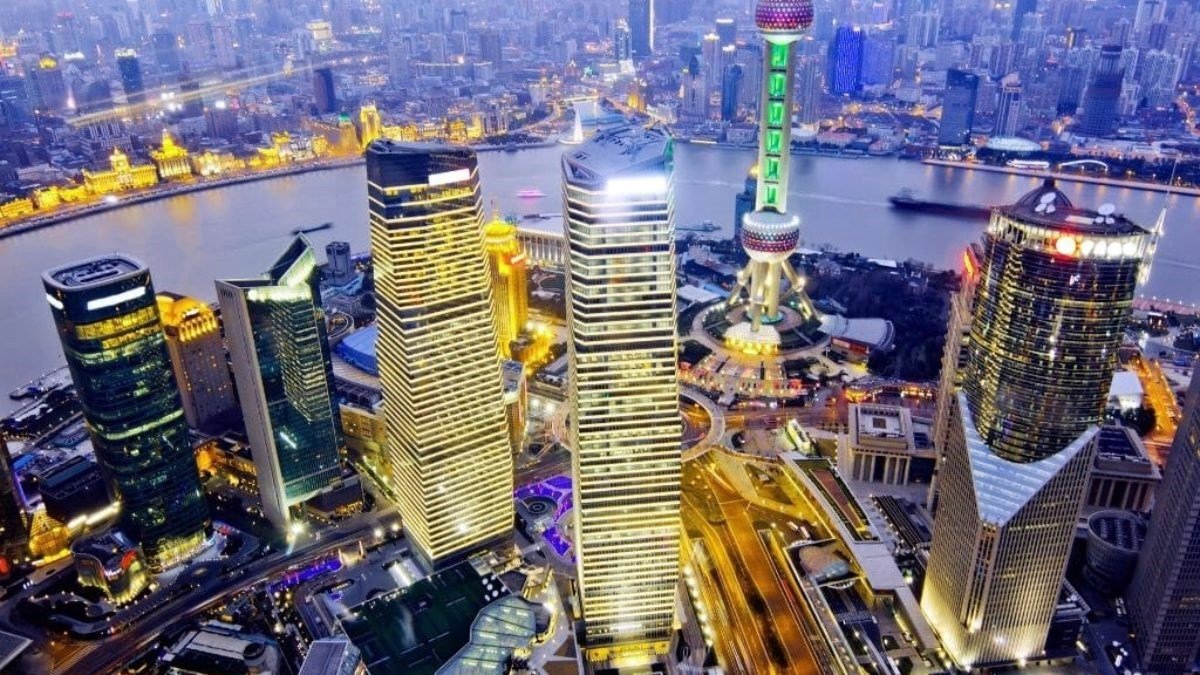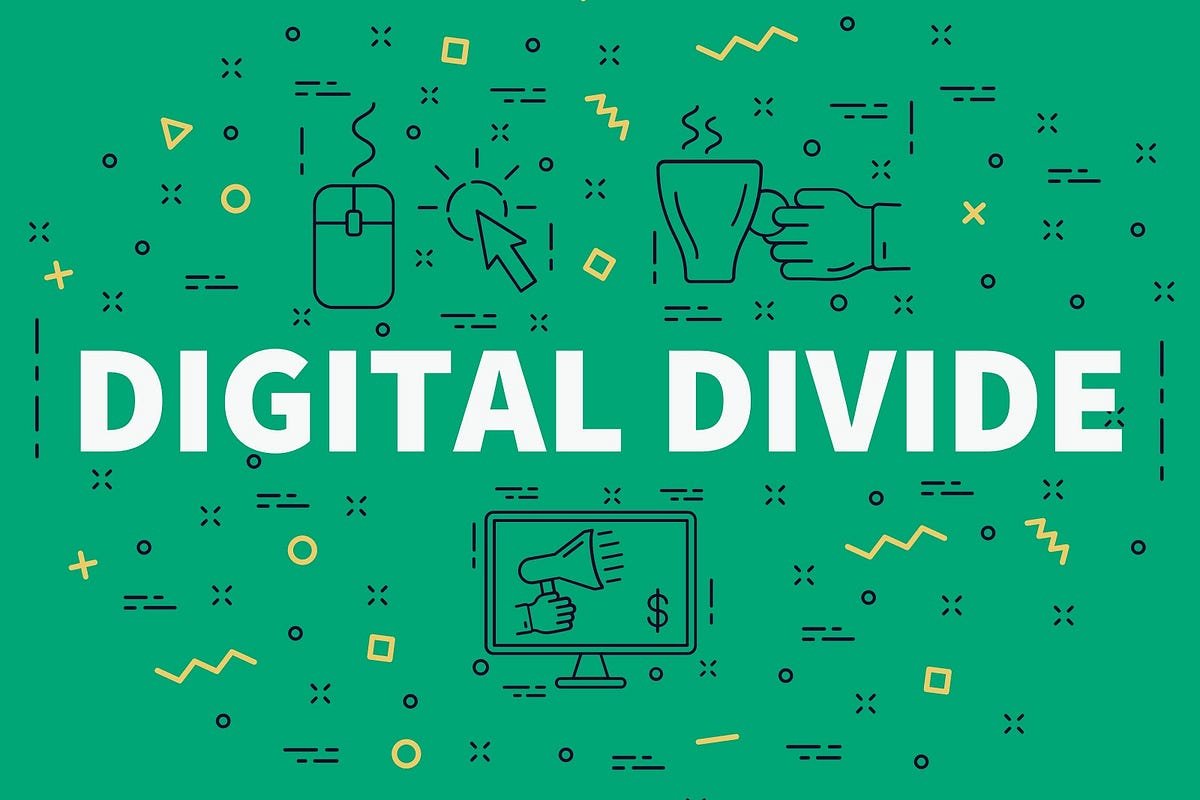The Role of 5G in Advancing Smart Cities in 2023

In recent years, smart cities have become a hot topic among government officials, urban planners, and technology enthusiasts. The concept of smart cities has gained momentum due to the increasing urban population, the need for sustainable development, and the rise of new technologies. One of the most exciting technologies that are expected to play a significant role in advancing smart cities is 5G. In this article, we will explore the role of 5G in advancing smart cities in 2023 and beyond.
A smart city is a city that uses advanced technology to improve the quality of life for its citizens. It is a city that is sustainable, efficient, and provides high-quality services to its residents. Smart cities use sensors, cameras, and other devices to collect data on traffic, air quality, energy consumption, and other aspects of urban life. This data is then used to make informed decisions and improve the city’s infrastructure and services.
Read more: 5G Technology: The Key to Unlocking the Full Potential of the IoT
What is 5G?
5G is the fifth generation of mobile networks. It is the next step in the evolution of wireless communication, following 4G networks. 5G promises faster speeds, lower latency, and greater capacity than previous generations of wireless networks. 5G networks use higher frequency radio waves than previous generations, allowing for faster data transfer and more significant capacity.
How 5G Will Transform Smart Cities

5G has the potential to transform smart cities in several ways. Here are some of the most significant impacts that 5G is expected to have on smart cities in 2023 and beyond:
Faster Data Transfer
5G networks will provide faster data transfer speeds than previous generations of wireless networks. This will allow smart city devices to communicate with each other more quickly and efficiently. For example, traffic lights will be able to communicate with each other in real-time, optimizing traffic flow and reducing congestion.
Lower Latency
5G networks will have lower latency than previous generations of wireless networks. Latency is the time it takes for a signal to travel from a device to a network and back again. Lower latency means that smart city devices will be able to communicate with each other more quickly and accurately, enabling real-time decision making.
Greater Capacity
5G networks will have greater capacity than previous generations of wireless networks. This means that more devices will be able to connect to the network simultaneously, without experiencing a slowdown in data transfer speeds. This will enable the deployment of more smart city devices, such as sensors and cameras, to collect data and improve city services.
Enhanced Virtual and Augmented Reality
5G networks will provide the bandwidth and low latency required to support virtual and augmented reality applications. This will enable the deployment of smart city applications that use augmented or virtual reality to enhance city services. For example, a virtual reality app could be used to provide tourists with a virtual tour of a city’s historical landmarks.
Improved Public Safety
5G networks will enable the deployment of smart city devices that improve public safety. For example, cameras and sensors could be used to detect and respond to emergencies, such as fires or natural disasters. The low latency of 5G networks will enable emergency responders to respond more quickly and effectively to emergencies.
Challenges of Implementing 5G in Smart Cities
While 5G has the potential to transform smart cities, there are several challenges that need to be addressed before widespread deployment can occur. Some of the most significant challenges include:
Cost
5G networks require significant infrastructure investments to deploy, including new cell towers and fiber-optic cables. The cost of deploying 5G networks may be a barrier for some cities, especially those with limited financial resources. Governments and city planners will need to find creative solutions to fund the necessary infrastructure upgrades.
Regulatory and Legal Issues
The implementation of 5G networks in smart cities also presents regulatory and legal challenges. There may be concerns related to privacy and data protection, as the increased connectivity and data collection capabilities of smart city devices raise questions about who has access to the data and how it is used. Governments and regulatory bodies will need to establish clear guidelines and frameworks to address these concerns.
Integration and Interoperability
Integrating various smart city devices and systems with 5G networks can be a complex task. Different devices and systems may use different communication protocols and standards, making it challenging to ensure seamless interoperability. Standards and protocols need to be established to enable easy integration and communication between different devices and systems within a smart city infrastructure.
Security and Privacy Concerns
With the increased connectivity brought by 5G networks, security and privacy become paramount. Smart city devices and systems collect vast amounts of data, raising concerns about data breaches and unauthorized access. Robust security measures, encryption protocols, and privacy safeguards need to be implemented to protect sensitive data and ensure the trust of citizens.
Digital Divide

One of the challenges in implementing 5G in smart cities is the potential for a digital divide. While 5G networks offer high-speed connectivity and advanced services, not all communities may have equal access to these technologies. Ensuring equitable access to 5G networks and bridging the digital divide is crucial to prevent further disparities in urban areas.
Read more: 5G and the Next Generation of Mobile Gaming: A Match Made in Heaven
Conclusion
The role of 5G in advancing smart cities in 2023 and beyond cannot be understated. With faster data transfer speeds, lower latency, and greater capacity, 5G networks will enable the deployment of innovative smart city devices and applications. From optimized traffic management to improved public safety and enhanced virtual and augmented reality experiences, the potential for 5G in smart cities is vast.
However, the successful implementation of 5G in smart cities does come with its challenges. From infrastructure costs and regulatory issues to integration complexities and security concerns, careful planning and collaboration between stakeholders are essential to overcome these hurdles.
As we move forward into a more connected and technologically advanced era, it is crucial to prioritize sustainable development and inclusive growth in smart city initiatives. By leveraging the power of 5G technology and addressing the challenges ahead, we can pave the way for smarter, more efficient, and livable cities for all.
Frequently Asked Questions (FAQs)
What is the significance of 5G in smart cities?
5G networks provide faster speeds, lower latency, and greater capacity, enabling seamless communication between smart city devices and improving urban services.
How will 5G impact public safety in smart cities?
5G enables the deployment of devices like cameras and sensors, enhancing public safety measures by enabling real-time detection and response to emergencies.
What challenges do smart cities face in implementing 5G?
Challenges include high infrastructure costs, regulatory and legal issues, integration complexities, security and privacy concerns, and bridging the digital divide.
Can 5G networks support virtual and augmented reality in smart cities?
Yes, 5G’s bandwidth and low latency make it ideal for supporting virtual and augmented reality applications that enhance city services and experiences.
How can cities ensure equitable access to 5G networks?
It is essential to develop strategies that prioritize equitable access to 5G infrastructure, bridging the digital divide and ensuring all communities can benefit from its advancements.











